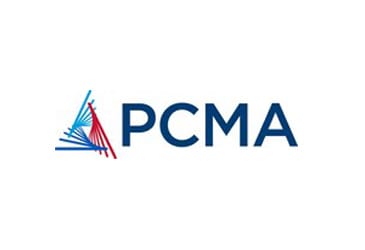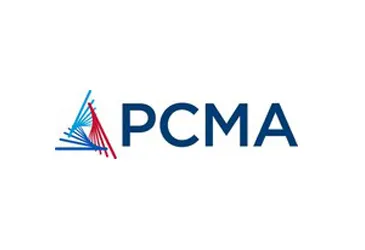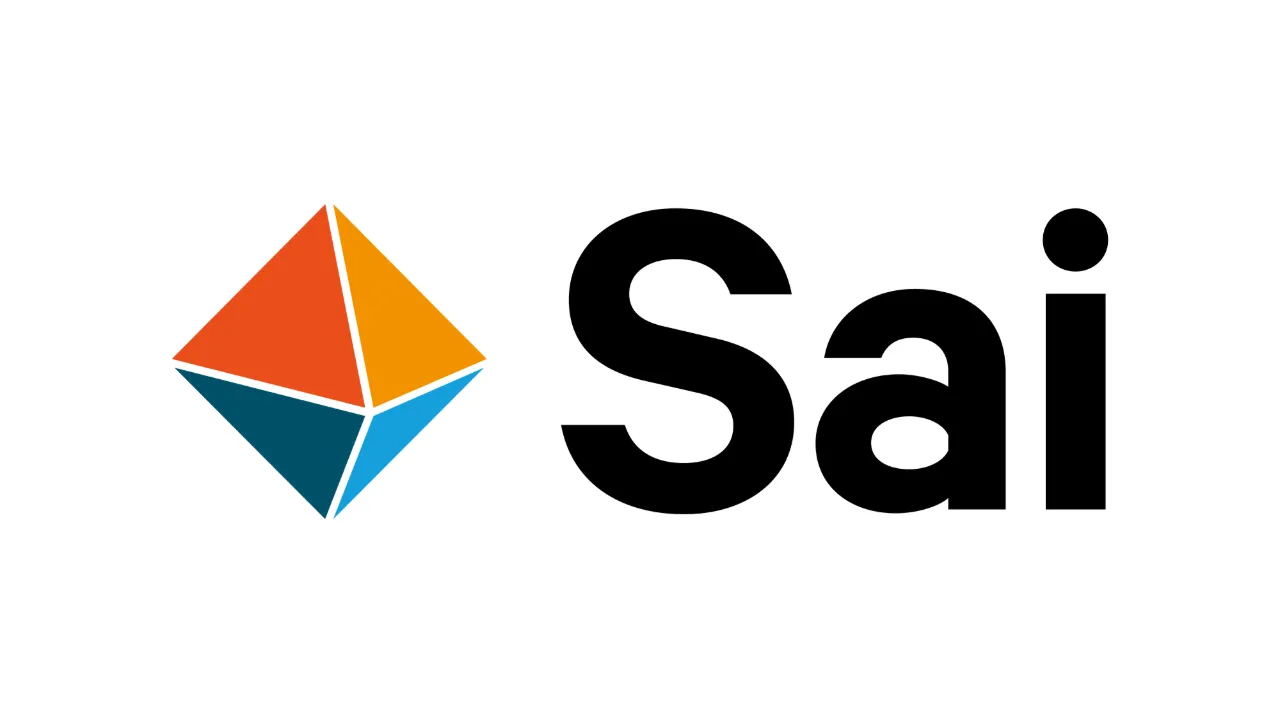WASHINGTON — In case you missed it, leading economic experts and competition watchdogs have overwhelmingly expressed concern with recently reintroduced legislation, S. 127, the Pharmacy Benefit Manager Transparency Act, that targets the pharmacy benefits of employers and small businesses.

The bill fundamentally misconstrues the role of pharmacy benefit companies, unfairly proposes to take away employers’ choice and flexibility in how they construct their pharmacy benefits, undermines competition in the prescription drug marketplace, and would increase costs for patients.
127 also expands the power, authority, and jurisdiction of the Federal Trade Commission (FTC) with an unprecedented mandate to pick winners and losers in the health care market. Such an approach would set a precedent that the FTC should regulate prices and dictate the terms of common business practices, which Congress could apply to any industry.
Read what economic experts and competition watchdogs are saying here:
The Competitive Enterprise Institute (CEI) submitted written testimony opposing the bill, as part of their FTC watchdog campaign, “Eye on FTC”:
“The PBM Transparency Act would create strenuous reporting requirements to the FTC, on top of an existing regulatory jungle gym that PBMs are tasked with navigating. These compliance costs will be reflected in higher prices for consumers. Further, the proposed legislation would require PBMs to disclose valuable proprietary information on prices to those they do business with. This will severely limit PBMs’ ability to negotiate the lowest possible price for clients and consumers. The result will be more people ending up without the pharmaceutical products they need, leading to poorer health outcomes. This burden will be borne most by those on the economic margin – the poor and the marginalized.”
“More broadly, the FTC is currently in the midst of an unprecedented attempt to expand its regulatory reach into many corners of the U.S. economy. It’s throwing out well-established consumer welfare precedent, ignoring gains in economic analysis, and attacking companies in the interest of their competitors, not for the benefit of consumers. If successful, all of this will result in more government red tape, higher compliance costs, and increased uncertainty for American industries and the citizens who depend on them for jobs, products and services. Ultimately, all of those costs will be borne by the consumer in the form of higher prices and less innovation.”
American Action Forum President Douglas Holtz-Eakin echoed the FTC concern:
“Loading up PBMs with additional compliance costs means that the larger firms can shoulder the costs and the smaller ones will merge or leave the industry. The result is fewer, not more, competitors – a result at odds with the seeming intent. Second, giving the FTC vague new authorities is an invitation to have them stretched to the point of abuse. Let the FTC operate with its existing, well-understood tools.”
University of Chicago Professor of Economics Casey Mulligan, Ph.D., testified before the Senate Committee on Commerce that the bill would increase costs for patients and taxpayers:
“The regulations generally disproportionately burden the small businesses… [pharmacy benefit companies] want lower prices and better utilization, and you’re undermining that activity and so drug prices will go up. I estimate just the pharmacy part alone could add to premiums about $10 billion a year in aggregate.”
“… [S. 127 would add] easily $10 billion a year to the federal deficit, maybe $40 billion a year, maybe more.”
Ike Brannon, senior fellow at the Jack Kemp Foundation, and Anthony Lo Sasso, professor of economics at DePaul University, also confirmed the legislation would restrict cost-saving benefits, leading to higher costs:
“The PBM Transparency Act would eliminate or restrict many of the commonplace tools that pharmacy benefit managers use to keep drugs affordable and protect American patients from rising drug prices.”
Read more on key takeaways from University of Chicago Economics Professor Casey Mulligan’s recent testimony on S. 127 HERE.
Read PCMA’s latest statement on S. 127 HERE.
Learn more about public policy solutions that would promote competition in the prescription drug market and effectively lower prices for patients HERE.
Learn more about the role and value of pharmacy benefit companies HERE.









